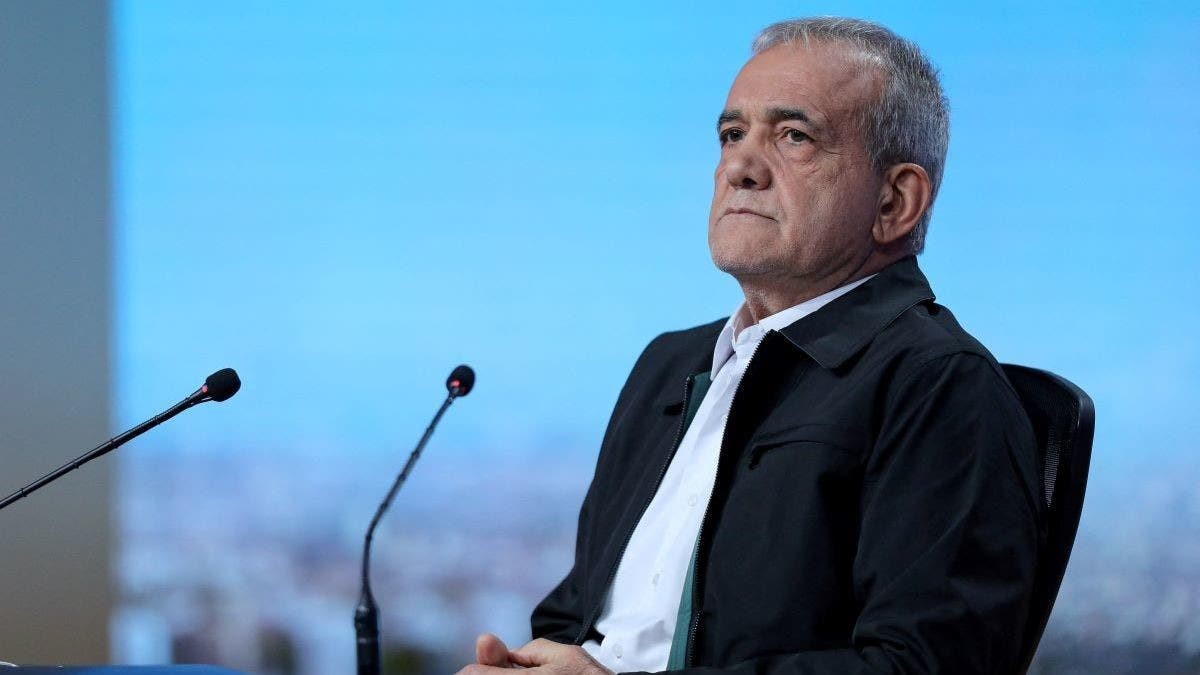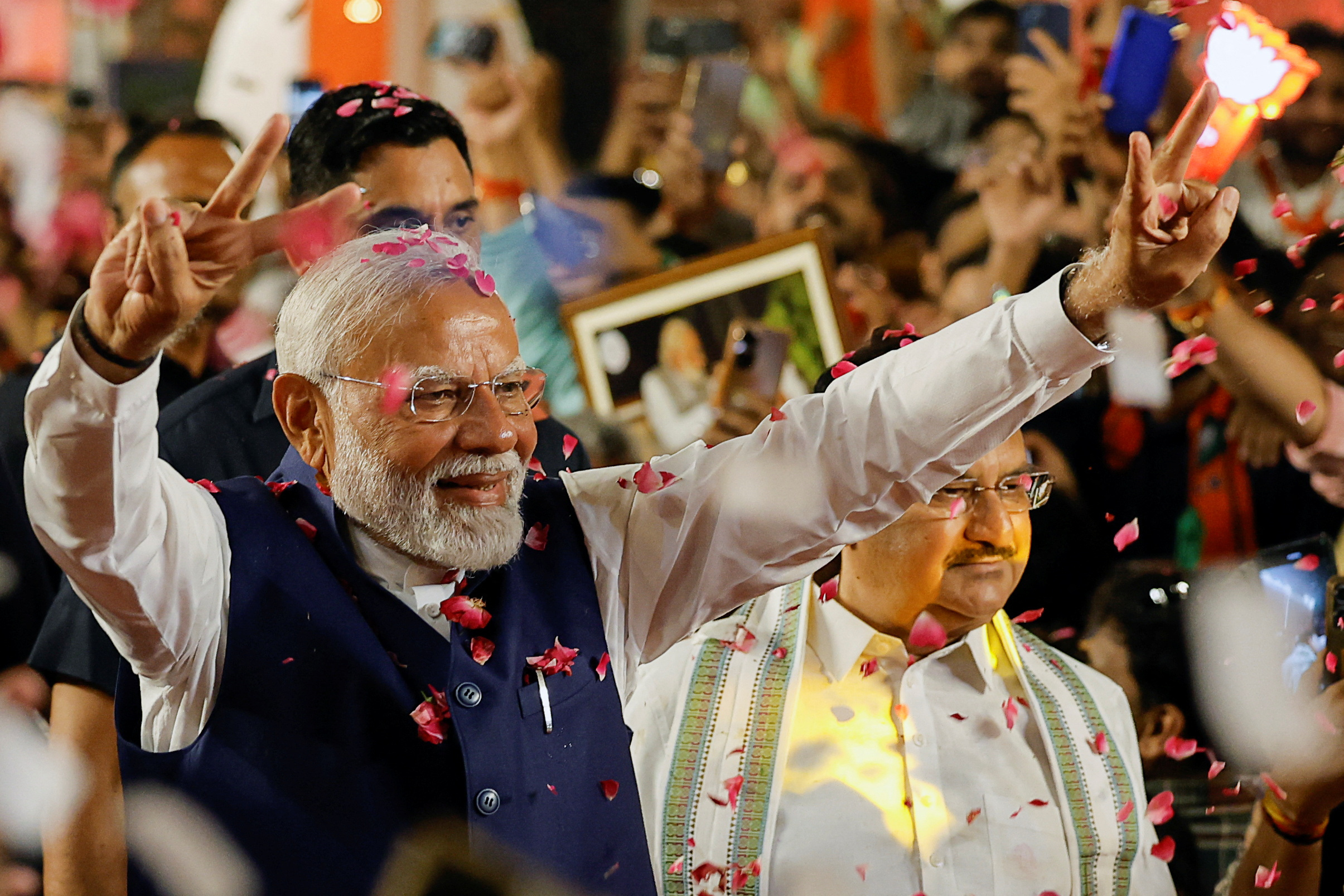Tanzania, officially known as the United Republic of Tanzania, is a country located in East Africa. Here is some information about the political system in Tanzania:
- Governance: Tanzania is a presidential democratic republic. The President is both the head of state and the head of government, and they are elected through a popular vote. The President serves as the chief executive and has significant powers in the governance of the country.
- Executive Branch: The President appoints the Prime Minister, who serves as the head of government and oversees the day-to-day administration. The President also appoints the government ministers who are responsible for various ministries and sectors.
- Legislature: The legislative branch of Tanzania is a unicameral parliament known as the National Assembly. It consists of elected members who represent constituencies across the country. The National Assembly is responsible for making laws, approving the government’s budget, and providing oversight of the executive branch.
- Political Parties: Tanzania has a multi-party system. The two major political parties are the Chama Cha Mapinduzi (CCM), which has been the ruling party since independence in 1964, and the opposition party, Chama Cha Demokrasia na Maendeleo (CHADEMA). There are also other smaller political parties that participate in elections and contribute to the political landscape.
- Local Government: Tanzania has a decentralized system of governance, with local government authorities at the regional and district levels. These authorities are responsible for local administration, service delivery, and development in their respective areas.
- Elections: Tanzania holds regular general elections, including presidential, parliamentary, and local government elections. The elections are administered by the National Electoral Commission (NEC), which is responsible for overseeing the electoral process, voter registration, and announcing election results.
- Human Rights and Freedom of Expression: Tanzania has faced some concerns regarding human rights, including restrictions on freedom of expression, freedom of the press, and political rights. There have been incidents of harassment and intimidation of journalists, activists, and opposition figures.
- International Relations: Tanzania maintains diplomatic relations with various countries and is a member of international organizations such as the United Nations (UN), the African Union (AU), and the East African Community (EAC). Tanzania has played a significant role in regional peacekeeping efforts and has been involved in various regional and international initiatives.



